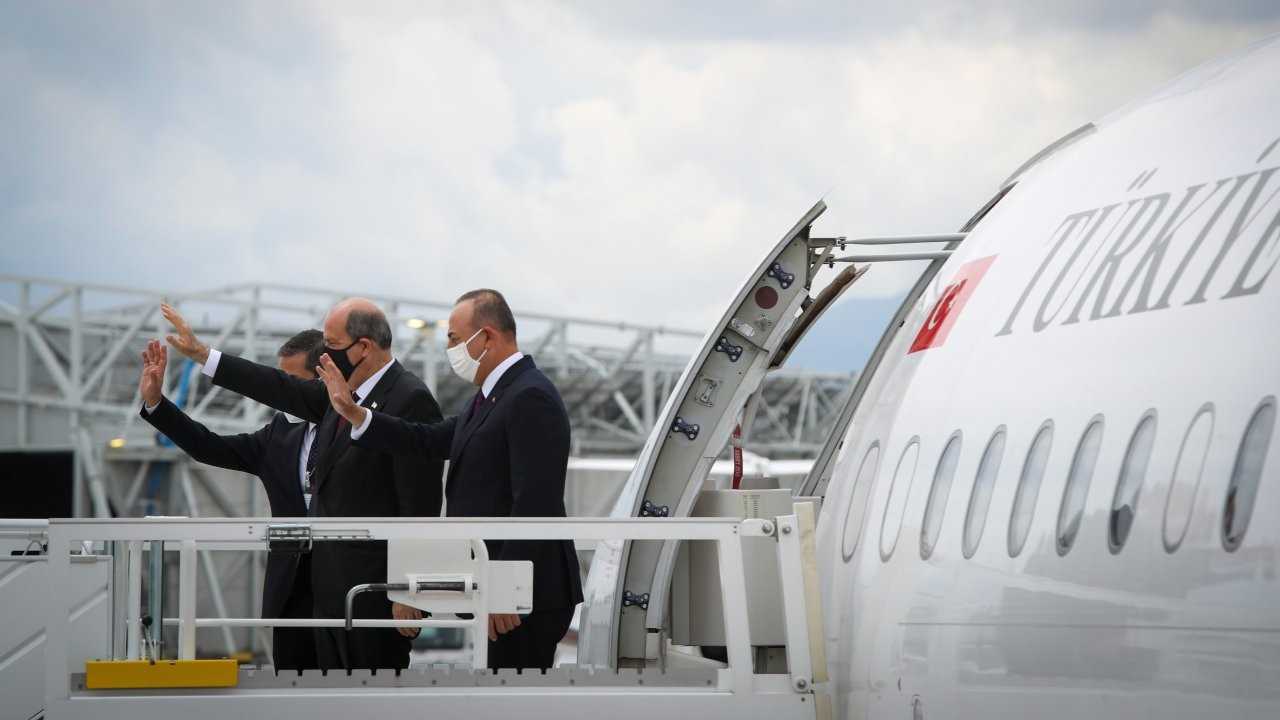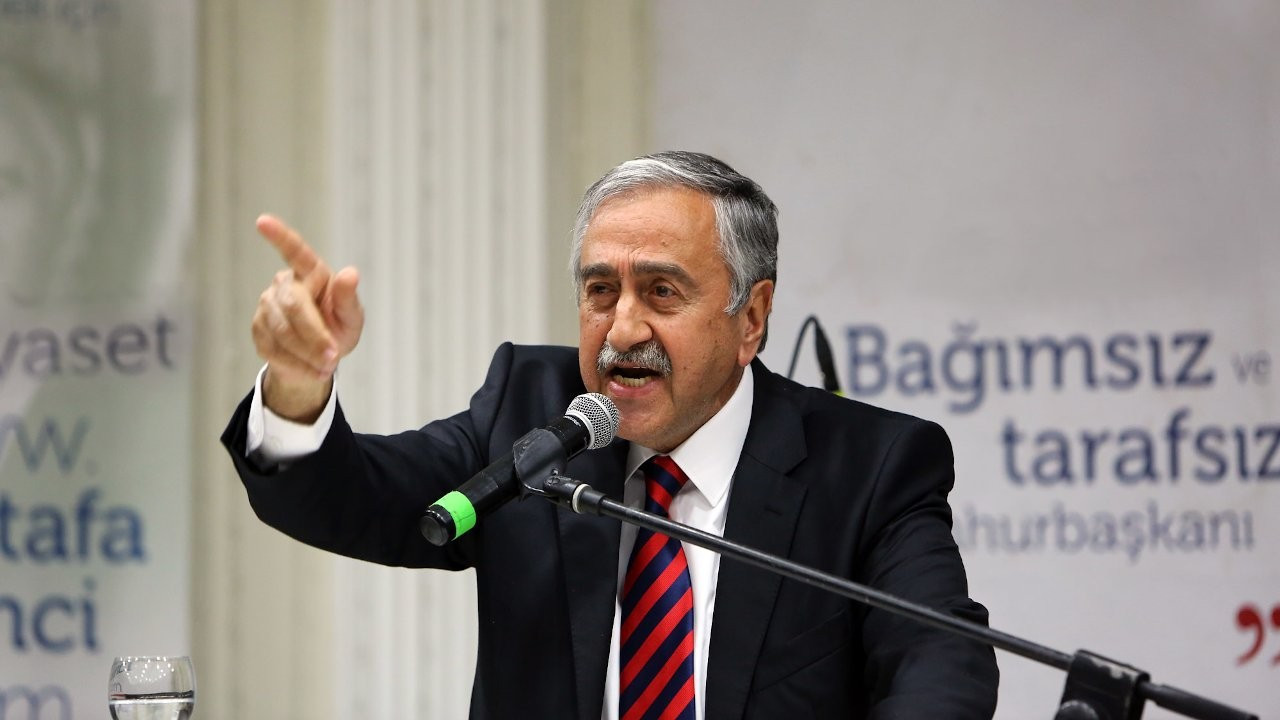Turkish Cypriot leader says would give up Republic of Cyprus passport if he could
Turkish Cypriot leader Ersin Tatar said that he would give up his Republic of Cyprus passport if there was a way, soon after confirming that he was among thousands of Turkish Cypriots who are in possession of the Republic's passports and identity cards.
Nikolaos Stelya / DUVAR
Turkish Cypriot President Ersin Tatar said that he would return his Republic of Cyprus passport if he could, as he slammed Greek Cypriot President Nikos Anastasiades for addressing Turkish Cypriots as “my citizens.”
Tatar told Turkish Cypriot media outlets that he had never used his Republic of Cyprus passport and had received it prior to 1974.
Tatar's comments came after Anastasiades referred to Turkish Cypriots as “my citizens” based on official data by the Republic of Cyprus indicating that tens of thousands of Turkish Cypriots are in possession of the Republic's passports and identity cards.
“[With these remarks] Anastasiadis wants to say, 'Since you have these identity cards, you are to obey me.' I was born before 1974; so I have this document, but I will return it if there is a way,” the Ankara-backed Tatar told Turkish Cypriot media outlets this week.
Apart from Tatar, nine out of eleven ministers of the breakaway Turkish Cyprus, including Prime Minister Ersan Saner, also hold the Republic of Cyprus passports.
Since the remaining two ministers are of Turkey-origin, they do not have the right to receive this passport.
Cyprus was split in two in a Turkish invasion in 1974 triggered by a brief Greek-inspired coup.
For decades, the United Nations has been attempting to piece Cyprus back together as a two-zone federation - the only thing the two sides had, until recently, been able to agree to in principle.
Under a new leadership, Turkish Cypriots now say only a two-state solution can work.
A two-state deal would imply recognition of the Turkish Republic of Northern Cyprus (TRNC), something Greek Cypriots who nominally run the whole island say is out of the question, which is why the two sides failed to reach common ground during the U.N.-brokered talks in Geneva on April 29.
Greek Cypriots say a federation-based deal is enshrined in U.N. Security Council resolutions.

 Cyprus talks end with parties failing to reach common groundDiplomacy
Cyprus talks end with parties failing to reach common groundDiplomacy Ex-Turkish Cypriot leader calls Turkey's Cyprus policy 'hypocritical'Diplomacy
Ex-Turkish Cypriot leader calls Turkey's Cyprus policy 'hypocritical'Diplomacy